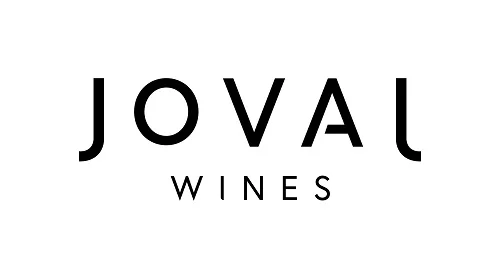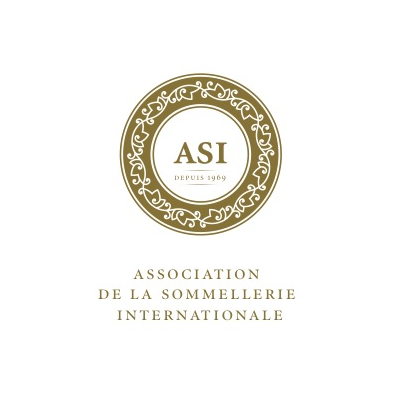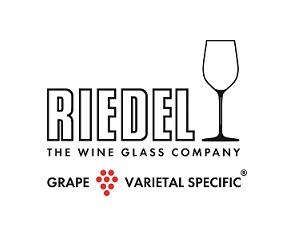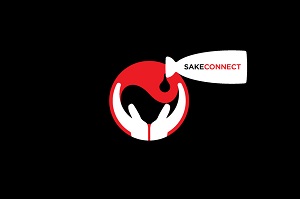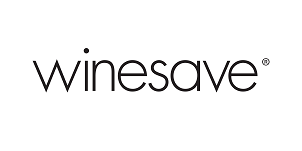Winemaker, Jo Marsh runs a successful, multi-faceted and growing business in Ovens in NE Victoria. She chooses to make adjustments to employment roles in order to best access the skills and availability of the existing workforce rather than demand the workforce bend to the needs of the business.
Sommeliers Australia’s D&I Working Group member, Liam O’Brien met with Jo and asked her how she has created a workplace which incorporates diversity and inclusivity as the norm.
As your business has grown, how have you made flexibility part of what you offer as an employer?
As we have increased the number and volume of wines we make, as well as adding two cellar doors, we have realised you have to have an understanding of what else your employee has going on in their life. They are humans first and employees second. We try to find work to adapt to their changing needs outside of the business.
With COVID really hitting Australia just before vintage 2020, were further discussions around flexibility initiated by you or by the employees?
After having my child, and particularly with the two young mothers in the assistant winemaker roles it was a bit of both. COVID did have an effect, but we were already well down the path of incorporating flexibility in the workplace. The nature of the role, and the growing size of the business, it just made sense to split the responsibilities across two roles rather than try to employ one person to do the job.
In Alex’s case, she has her family business which has other requirements, so she always had some degree of flexibility built in.
In Meg’s case, her work was affected by COVID as she was stuck interstate but we were able to get her to do winery admin as well as work on the website and tasting notes remotely.
We also have a cellarhand whose photography business was severely impacted by COVID and we were able to find more hours for him at cellar door and during vintage at the winery.
What if any challenges were there when employment started/re-commenced? How did you overcome these challenges? What changes did you make to the winery to assist with this?
When Meg and Alex returned to work it was really a case of being mindful of tasks and workload, being aware of tiredness and physical capacity – for example were we able to get them on the forklift or in the office writing notes etc.
We also built a creche in the office and rotated responsibilities to allow one of us to do admin and monitor the kids.
What was the benefit to the team and the business by hiring/retaining someone with a young child in a part-time role?
The benefits are huge. You get loyalty and commitment in return, reliability, and not least of all you get great performance because they are even more invested in the business because they’re thankful and feel valued.
The difference in output between someone new and someone that knows the business is immense – it’s gold. Alex and Meg know the way I want things done and they can achieve a lot when they are there.

